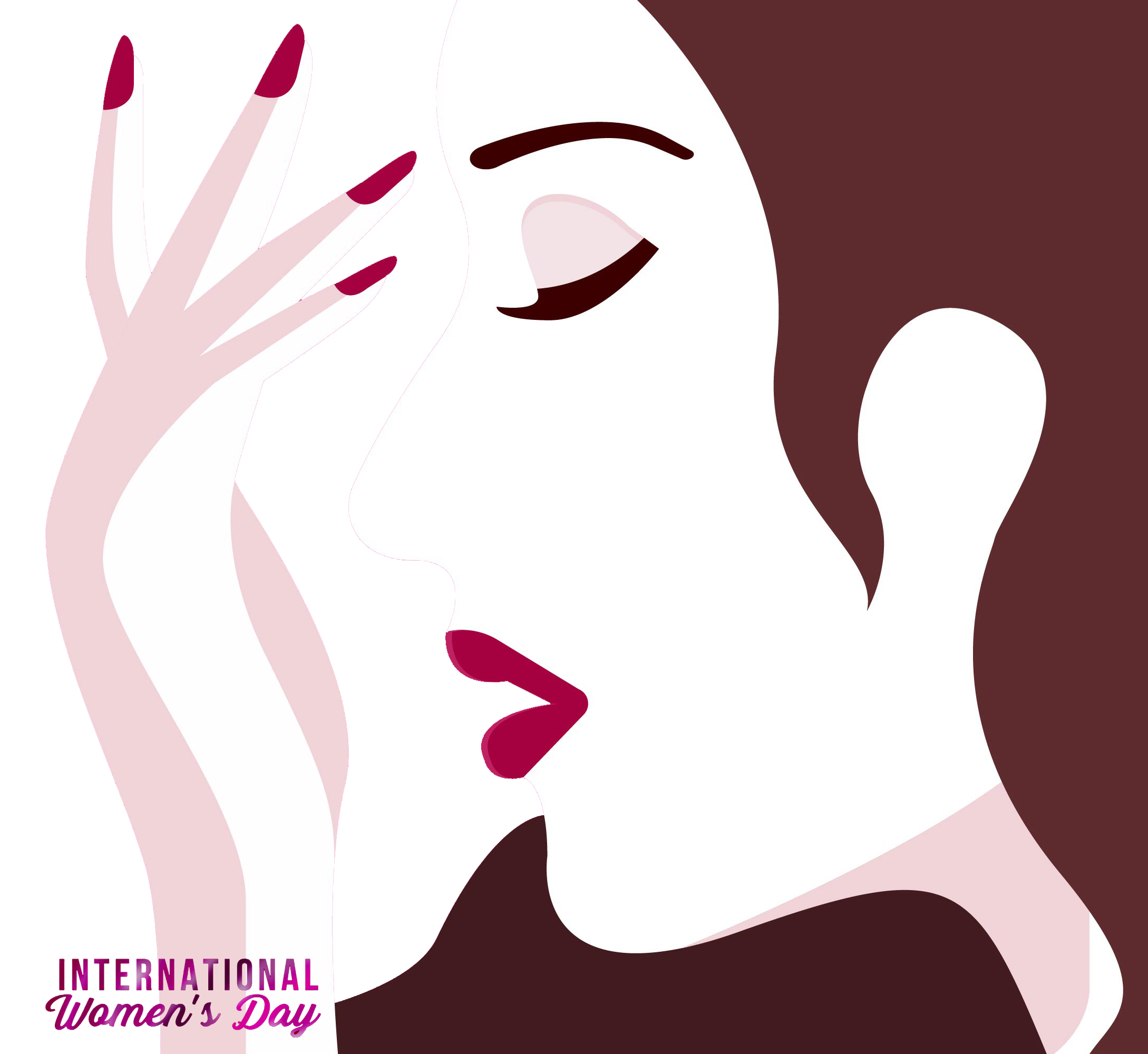Reflections on Women’s Status in Nepal
While there has been marked progress in access to education and other opportunities for women, there have also been frighteningly increasing levels of harassment, and violence against women. These negative developments need to be studied and arrested bef

Approximately eighty years ago, Yogmaya Neupane of Bhojpur, in the eastern part of Nepal, and her sixty eight followers committed mass suicide—euphemistically termed Jal Samadhi (water meditation, or in its extreme interpretation, water entombment)--by jumping into the Arun river. It was their desperate attempt to protest oppression faced by the general population, especially women, at that time. She was a Hindu spiritual leader and poet, who had at one point been imprisoned by the Rana authorities for seeking, among other things, greater rights for women,
The question we need to ask now is: is our society better off for women in terms of gender equality and women empowerment compared to back then? It goes without saying that more women are now getting education, as is the general trend throughout the world, and holding positions of authority than ever before. We now for the first time have a female President, and recently had the first female Chief Justice, and the first female Speaker of the House. These are achievements that we all should be proud of.
But the constant news of rape and violence—Nirmala Pant’s rape and subsequent murder being just one example—just shows how far we still need to go. It appears that women of any age are no longer safe anywhere in Nepal, not even at home. In order to counter this regressive tendency we need to consider the following corrective mechanisms.
First, every society has stories of people—men and women--who worked for the betterment of women. These stories need to be told and retold so that everyone is aware that the struggle for better condition for women is a work in progress for which many people in the past, and the present, have dedicated their whole lives.
Many of us have heard of Ms. Anuradha Koirala, founder of Maiti Nepal, who has been helping mostly trafficked women and children rehabilitate in Nepal. But not that many have heard the story of how late Mr. Tulsi Meher Shrestha started a rehabilitation home for women. After working with Mahatma Gandhi for India’s independence, he returned to Nepal and established the “Shree Chandra Kamdhenu Charkha Pracharak Mahaguthi” in 1926, which was later called Tulsi Nepal Charkha Pracharak Gandhi Tulasi Smarak Mahaguthi, where he gave employment to many marginalized women. He is an example of men working for economic emancipation of marginalized people in the society, most of whom were women. Through the examples of Ms. Koirala, and Mr. Shrestha, we now need to make it clear that empowerment of women has been a matter of concern of sensible people of both genders. It certainly is not the case of women vs. men.
Second, we should appreciate the courage of women to come out, oftentimes at great personal risks to themselves, and point out as part of the #MeToo movement incidents of sexual harassments they faced. It has gradually dawned on the general people that the issue of harassment and exploitation of women are more prevalent than previously thought. What should be positively taken is that the courage these women have shown to come forward and expose the perpetrator of the crime. Unfortunately, violence against women is an issue that is prevalent not only in Nepal but throughout the world.
Third, we should change our strategy to counter violence against women based upon changed circumstances in the 21st century. Whether we like it or not, the role of the women have changed significantly in Nepal due to the large number of men migrating internally and externally for work. Women in such household suddenly often find themselves taking greater responsibilities for running the household and raising the children on their own without their spouse. The social ramification of this change is yet to be full seen. The strategies that may have worked for households that are headed by two people may not work in these circumstances.
Fourth, we should increase the overall safety and security measures for women, and expedite the judiciary process so that the punishments for perpetrators of violence are stringent, and quick.
Fifth, we need to do a longitudinal study of our society of find out the reason(s) behind this level of violence against women, and implement the solutions that come in as a result of that study. Is it the patriarchal society? Is it the easy access over internet to sites that glorify violence against women? Is it the increasing level of drug abuse amongst the youth? Is it because of lack of education? The reasons could be one or many, but a serious research on this would be a great help in tackling the problem.
Sixth, we need a firebrand leader who will promote women’s right like never before. Women have suffered and endured oppression for far too long to wait any longer. The way things are going, it is not hard to imagine that perhaps in a few years we will have our first female Prime Minister. Such leadership positions by women will undoubtedly serve as role models for many young women, and give an impetus to causes that matter for women’s welfare.
Seven, we need to draw in strength from other movements around the world. The usual tendency in dealing with women’s emancipation is to put one group against another – male against female, old tradition against new tradition, one culture against another culture etc. But now we need to go beyond that. It is time for collaboration, starting with between men and women. And there are also other parallel struggles going around in the world namely for racial (#Blacklivesmatter), economic, and social justice. Women activists’ collaboration with those others struggling for justice mentioned here should be one symbiosis.
If one person like Yogmaya Neupane, who is an illiterate, can do so much even during the repressive Rana regime to make people aware about women’s deplorable condition, there is no telling how much we can accomplish if we were to pull together the strength of everyone who believes in equality, and justice.


